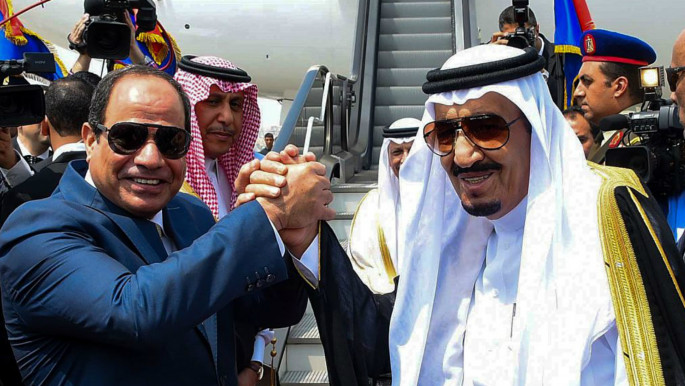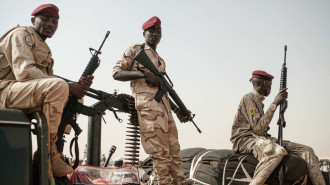Arab League slams 'Islamic terrorism' at poorly attended summit
Arab officials gathered in a tent in the Mauritanian capital on Monday, in the most poorly attended Arab League summit in years, a sign of the region's disarray.
The officials condemned terrorism waged in the name of Islam, as the pan-Arab organisation struggles under the strain of various ongoing regional crises.
"Arab leaders confirm their commitment to pursuing the most effective methods to confront the threats and dangers facing Arab national security by developing the mechanisms to combat terrorism," a draft statement obtained by The New Arab said.
The statement called for dialogue on "warding off the culture of extremism and the promotion of sectarian strife… to secure a prosperous future for the Arab world."
Opening the talks, Egypt's premier Sherif Ismail for "an Arab strategy of struggle against terrorism".
"We must recast the religious language that terrorist elements exploit to their own ends to sow terror, death and destruction," he said.
 |
|
| Sisi and Salman were no shows at the summit [Getty] |
He added that terrorists were tarnishing Islam's message of peace.
Mauritania's head of state Mohammad Ould Abdel Aziz, who is hosting the summit, also slammed the "blind violence of terrorists" as well as foreign interventions that feed instability in the Arab world.
The 22-nation Arab summit was cut back to a single day on Monday due to the absence of the heavyweight leaders of Egypt and Saudi Arabia.
It is the first Arab League summit hosted by Mauritania since it joined the organisation in 1973.
Egyptian government sources told The New Arab that Egyptian President Abdel Fattah al-Sisi avoided the event because of a suspected assassination plot.
While, Saudi King Salman's no-show was because of "health reasons", an Arab League source said.
The summit, originally scheduled for two full days, focused primarily on security and on plans for a joint force across a region fraught with tension, notably in Libya, Iraq, Yemen, Syria and the Palestinian territories.
The draft statement called for a political solution to the Syrian conflict that "safeguards the unity of the country and the dignity of Syrians."
It also called for fresh efforts to end the Israeli-Palestinian conflict.
Past initiatives - such as last year's plans for a joint Arab military force to fight Islamic militancy and confront Iran's aspirations - have failed to gather steam.







 Follow the Middle East's top stories in English at The New Arab on Google News
Follow the Middle East's top stories in English at The New Arab on Google News
![Lebanon after strikes [Getty]](/sites/default/files/styles/image_330x185/public/2184409977.jpeg?h=a5f2f23a&itok=7wpfQMyI)
![G20 Brazil [Getty]](/sites/default/files/styles/image_330x185/public/2184389194.jpeg?h=a5f2f23a&itok=t1DchCMY)
